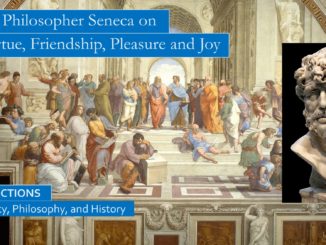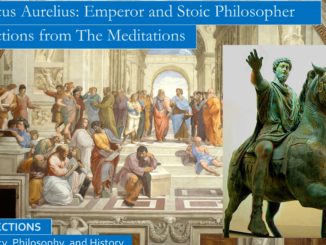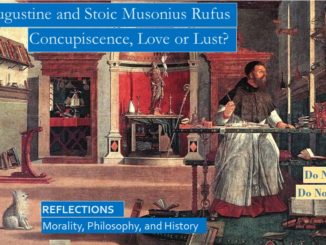
Seneca, Stoic Philosopher, Moral Epistles, Blog 5, On the Benefits of Friends and Keeping Score
Seneca says, “Let us avoid being ungrateful, not for the sake of others but for our own sakes.” Likewise, Seneca warns, “evil drinks the largest portion of her own poison.” “When we do wrong, only the least portion flows back upon our neighbor, the worst and densest portion blows back, troubling us instead.” “The ungrateful man tortures and torments himself; he hates his gifts for he must return the favor, he tries to belittle their value, but when he does this he hurts himself instead. What is more wretched than the man who forgets his benefits and clings to his injuries?” […]


